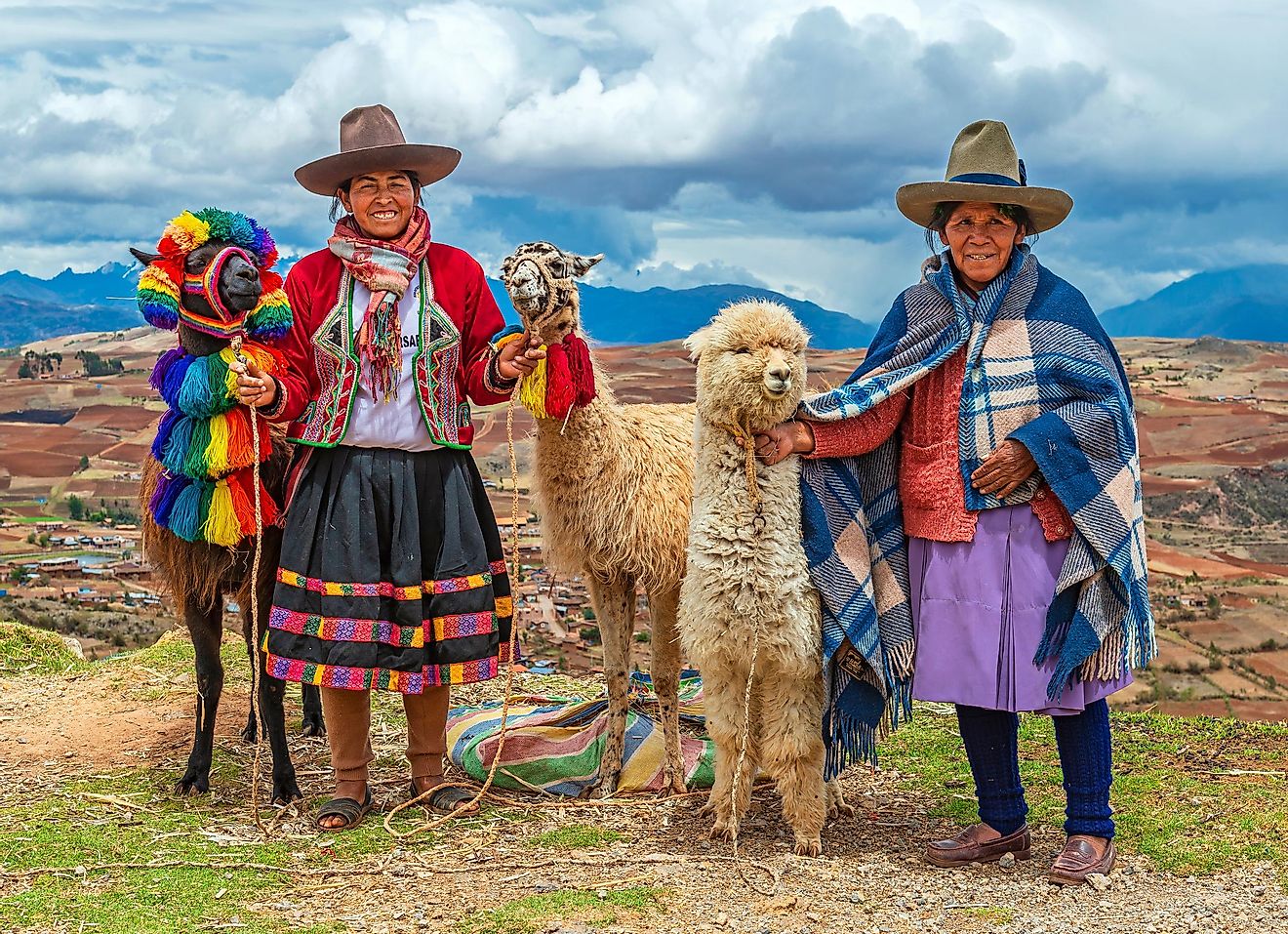RIO DE JANEIRO, BRAZIL – Maxima Ccalla, a 60-year-old indigenous Quechua woman, has spent her life working the difficult soil of Peru’s Andean highlands, resigned to a fate far removed from the vast riches of copper, zinc, and gold veins hidden deep beneath her feet.
Andean communities in the Puno region, home to Ccalla, and beyond have long clashed with the mining companies that extract the country’s riches.

Many said they felt discriminated against and marginalized in recent interviews, accusing mining companies of polluting their water and soil.
But in a country still overshadowed by its colonial past, the political rise of a farmer’s son raises hopes for change. It highlights the deep divisions between the rural Andean highlands and remote Amazon settlements on the one hand and the richer, whiter coastal towns on the other.
Pedro Castillo, during his presidential election campaign, wearing a peasant straw hat and emphasizing his humble peasant roots, promises to give a voice to Peru’s “forgotten” rural groups and redistribute the mineral wealth of the world’s second-largest copper producer.
“The plundering is over; the theft is over, the aggression is over, the discrimination against the Peruvian people is over,” he said in a speech in Cuzco.
Read also: Check out our coverage on Peru
The socially conservative leftist politician is on the verge of being confirmed as president after attracting the votes of rural and indigenous people, including in mineral-rich regions like Puno.
“For a long time, governments have promised to solve our problems, but nothing changes,” Ccalla said in Quechua through a translator while working in the fields around her home in the municipality of Carata. “Now we expect him to keep his promises.”
Ccalla is one of the millions of mostly poor rural Peruvians who voted for Castillo in the June 6 runoff election. Castillo has a tiny lead in the vote count, disjointed because of legal pressure from her right-wing rival Keiko Fujimori, who has charged fraud and wants some rural votes invalidated.

